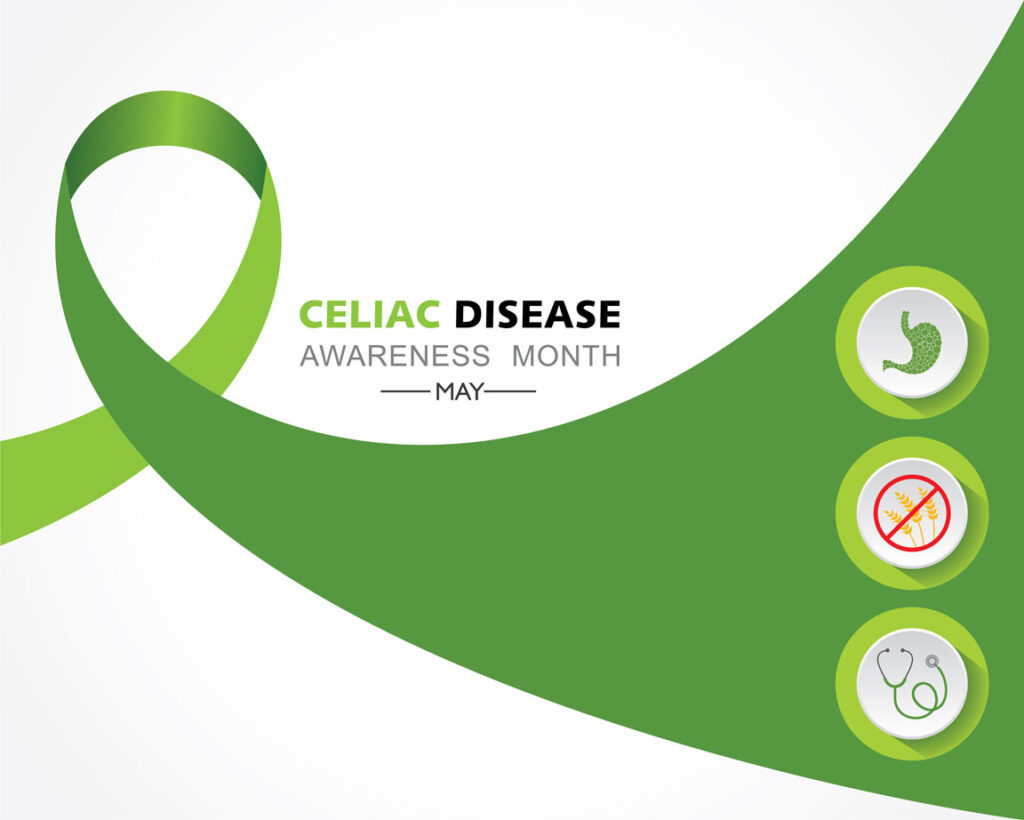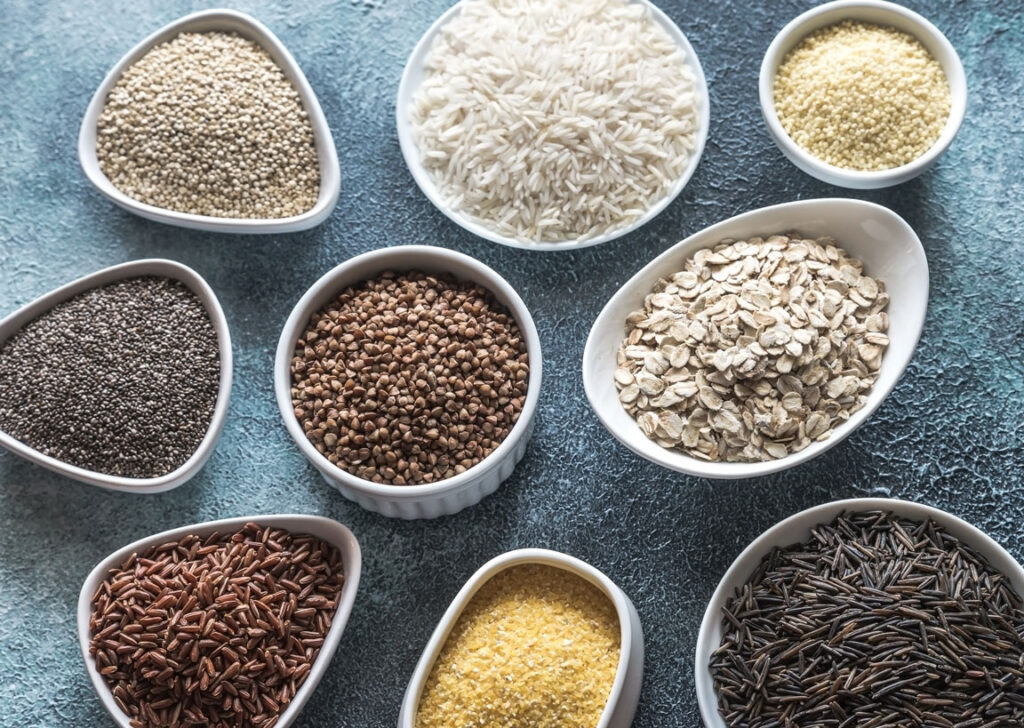Also known as gluten-sensitive enteropathy, celiac sprue, and nontropical sprue, celiac disease affects millions of Americans. In recognition of Celiac Disease Awareness Month, this article will provide helpful information about celiac disease and some healthy dieting tips beneficial to those with or without this medical condition.
What Is Celiac Disease?
Celiac disease is a chronic digestive and immune disorder that damages the small intestine. The disease is triggered by eating foods containing gluten. Gluten is a protein found naturally in wheat, barley, and rye, and is common in foods such as bread, pasta, cookies, and cakes. Many products contain gluten, such as prepackaged foods, lip balms and lipsticks, toothpastes, vitamin and nutrient supplements, and, rarely, medicines.
Celiac disease can be serious. The disease can cause long-lasting digestive problems and keep your body from getting all the nutrients it needs. Celiac disease can also affect the body outside the small intestine.
–National Institute of Diabetes and Digestive and Kidney Diseases (NIDDK)

Common Misconceptions About Celiac Disease
Celiac disease is different from gluten sensitivity or wheat intolerance. If you have gluten sensitivity, you may have symptoms like those of celiac disease, such as abdominal pain and tiredness. Unlike celiac disease, gluten sensitivity does not damage the small intestine.
Celiac disease is also different from a wheat allergy, a type of food allergy. In both cases, your body’s immune system reacts to wheat. However, some symptoms of wheat allergies, such as having itchy eyes or a hard time breathing, are different from celiac disease. Wheat allergies also do not cause long-term damage to the small intestine.

What Are the Symptoms of Celiac Disease?
Symptoms of celiac disease vary widely, and a person may have multiple symptoms that come and go. If you have celiac disease, you may have digestive problems or other symptoms. Digestive symptoms are more common in children than in adults. Digestive symptoms of celiac disease may include
- bloating
- chronic diarrhea
- constipation
- gas
- lactose intolerance due to damage to the small intestine
- loose, greasy, bulky, and bad-smelling stools
- nausea or vomiting
- pain in the abdomen
Gluten-Free Diets
While avoiding gluten is necessary for people with celiac disease, gluten-free diets have become increasingly popular among many American demographics who do not struggle with this health condition. In addition, grain-free dog and cat foods have become somewhat of a trend within the US.
However, the debate on whether or not gluten-free diets benefit those without celiac disease is ongoing. Whole grains contain certain nutrients essential to boosting heart health, so if you decide to go gluten-free, include other heart-healthy foods within your diet. Many glutenous foods are rich in calcium, fiber, and iron. Gluten-free dieters can find these nutrients elsewhere in foods, including but not limited to:
- Buckwheat
- Quinoa
- Yogurt
- Leafy green vegetables
- Beans and lentils
- Nuts

